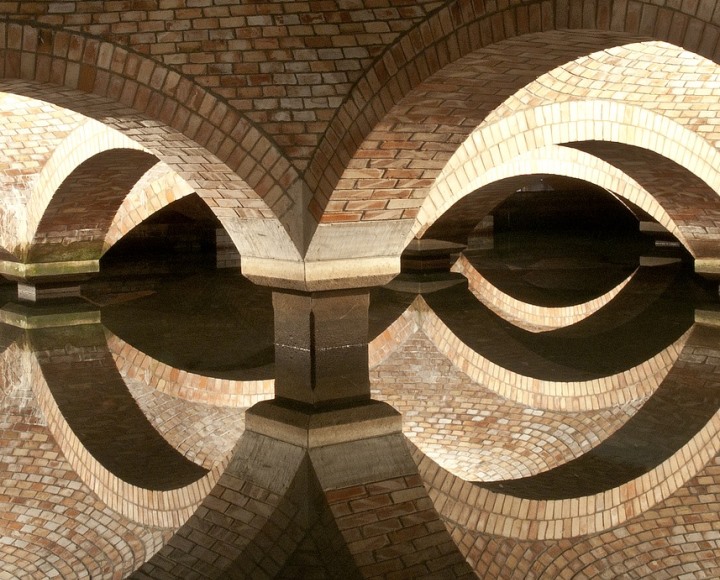As we have written in an earlier article, at the end of 2017 the country’s president signed a law, which introduced the optional split payment system in Poland. The law took effect on 1 July 2018 and enabled taxable persons to split the payment of a VAT invoice into two separate payments. However, this optional split payment system in Poland will be partly changed in the future. On 16 May 2019 the Polish legislator published a draft of changes to the VAT Act, which will introduce mandatory split payment system in Poland for selected goods and services.
Apart from the split payment mechanism, changes have been made to import VAT settlement in Poland as well. The possibility of applying the simplified procedure for import VAT has been restricted 1 May 2019.
Introduction of the compulsory split payment system in Poland
In February 2019, the Council of the European Union issued an implementing decision authorising the country’s legislators to introduce a mandatory split payment system in Poland for certain goods and services. The mandatory split payment system is designed to replace the current reverse charge mechanism in force for specific goods and services (e.g. copper wire, glass waste, paper and cardboard waste, secondary raw material from plastic, a vast range of construction works). However, in accordance with the Council’s decision, the existing list of goods and services subject to the reverse charge mechanism will be expanded to include, for example, vehicle parts and accessories, coal, motor fuels, animal and vegetable oils and fats, and computers. Consequently, the list of goods and services subject to mandatory split payment will include 152 product groups.
The mandatory split payment system in Poland will apply to supplies between taxable persons, including those not established in the country.
The Council of the European Union has agreed for the system to be operative between 1 March 2019 and 28 February 2022. However, the changes have not yet been formalised into a published legislative proposal. The Director of the VAT department at the Polish Ministry of Finance has admitted in a recent interview that the mandatory split payment will not come into force until January 2020 at the earliest.
Cash-free import VAT settlement limited from 1 May 2019
Polish VAT regulations provide for two possibilities of import VAT settlement. In general, the VAT amount is reported in a customs declaration and paid to the customs authorities along with the customs duties at the time of importation. Then, the import VAT may be deducted in a VAT return.
Polish VAT regulations provide for a simplified cash-free procedure for import VAT. When applied, the VAT is reported in a VAT return through a reverse charge mechanism (input VAT = output VAT) instead of its payment to the customs authorities. To apply this simplification, some formal requirements must be met.
The simplified procedure for import VAT has always been popular along Polish taxable persons as it positively impacts cash flow (no VAT is paid to the customs authorities). However, since 1 May 2019 the possibility of applying this procedure has been restricted.
This results from the implementation of the EU’s Union Customs Code (UCC), through which new regulations regarding permits (authorisations) to use the simplified procedures have been introduced. Going forward, the customs declaration shall be lodged in the taxable person’s own name and on their own behalf or via an indirect representative. The use of permits obtained by a direct representative is no longer possible.
Although the UCC entered into force on 1 May 2016, a three-year-transitional period was introduced to allow time for the reassessment of permits. The transitional period came to an end. Consequently, since 1 May 2019 a taxable person can only qualify for the simplified import VAT settlement if:
- it has been granted the status of Authorised Economic Operator (AEO), or
- it has been granted its own customs simplification authorisation, or
- it cooperates with a customs agency that has the appropriate authorisation and acts as its indirect representative.
If you would like to know more about the new changes to the import VAT settlement or to the split payment system in Poland, please visit the homepage of WTS&SAJA Sp. z o.o., the exclusive representative of WTS Global for Poland.











